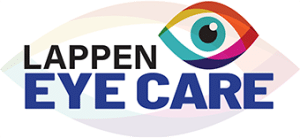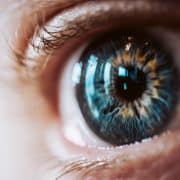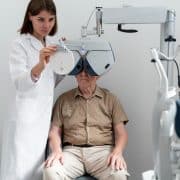Common Risk Factors for Macular Degeneration
Did you know that macular degeneration is among the leading causes of vision loss? You may not be able to prevent it. But knowing if you have risk factors for it can help ensure you’re tested for it and treated as needed. At Lappen Eye Care, our optometrists in Pittsburgh, Greensburg, South Hills, and McMurray, PA, offer testing and treatment for this disease. We’ll go over the risk factors that could increase your chance of having this condition.
What Is Macular Degeneration?
This is an eye disease that can cause vision loss in the central part of your eye due to changes in the macula. You can have this in just one eye or both eyes. Having any of the following risk factors can put you at a higher risk of having it.
Getting Older
Your chance of developing macular degeneration increases with age. People in their 50s and up are at an increased risk of getting this condition.
Having a Family History of This Condition
Does it run in your family? This is another common risk factor that can raise your risk of macular degeneration.
Being a Smoker
Smoking can lead to a higher chance of damage to your eyes, including macula damage that affects your central vision.
Having Hypertension
Uncontrolled high blood pressure and a diet that includes a lot of saturated fats can increase your risk of macular degeneration.
Schedule Medical Eye Care Today!
Do you need to be tested for eye diseases, like macular degeneration? Or do you need treatment? At Lappen Eye Care, we offer testing and treatment for macular degeneration in Pittsburgh, Greensburg, South Hills, and McMurray, PA. Our optometrists can take steps to protect your vision as you get older!









